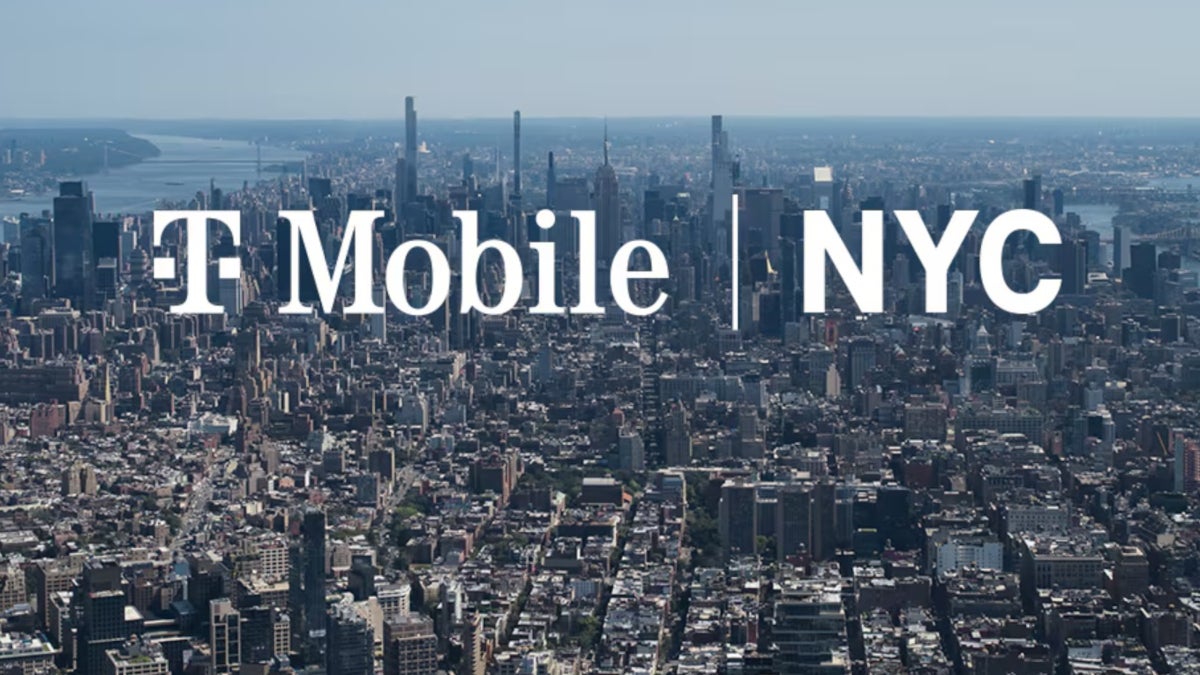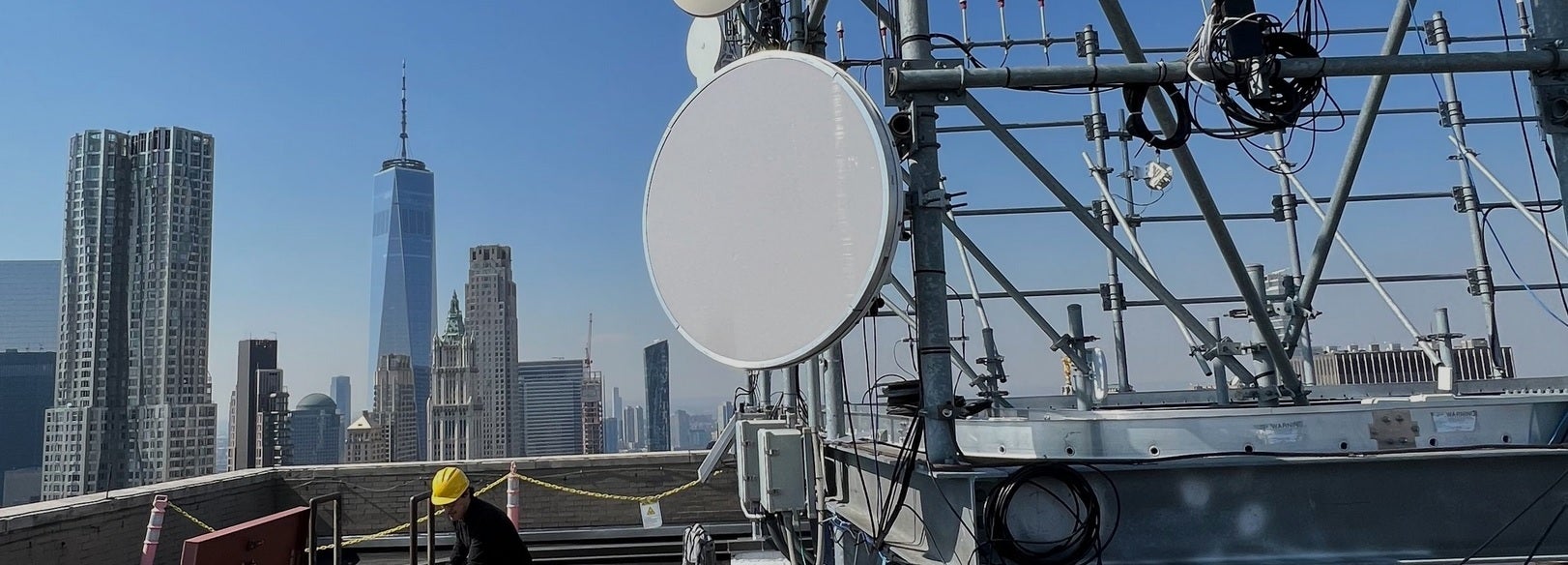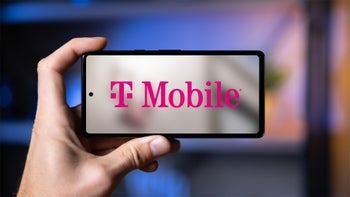T-Mobile explains to the FCC why it couldn't have interfered with NextWave's 2.5GHz signals
T-Mobile tells the FCC that it technically did not interfere with NextWave's 2.5GHz signals in NYC.

A little over a year ago, we told you that NextWave, a company that offers secure and reliable mobile broadband via a private network to industrial and enterprise users, was having a beef with T-Mobile. NextWave controls 2.5 GHz spectrum (Band 41) in several major cities, including New York City. As many long-time PhoneArena readers know, this is the same frequency used by T-Mobile for its mid-band 5G service and is one of the reasons why the carrier is considered to be the top 5G provider in the U.S.
The problem is that because it uses the same 2.5 GHz spectrum as NextWave, the latter has complained to the FCC that T-Mobile's signal interferes with NextWave's transmissions in New York City. The FCC has issued two violation notices to T-Mobile after determining that NextWave was playing within the rules while T-Mobile's median signal strength exceeded designated limits in some areas.
T-Mobile reveals a new argument that it thinks will reverse the FCC's decision
T-Mobile has unleashed a new argument in this battle with the FCC and NextWave. In a filing submitted to the regulatory agency, T-Mobile says that if NextWave has no customers, it doesn't matter if it is operating within NextWave's spectrum range. According to T-Mobile, NextWave has not shown that it has built the facilities and is providing service to customers in the areas where it has been accused by NextWave of exceeding signal strength limits mentioned in the rules. As a result, T-Mobile says, "There is no basis for NextWave's continued complaints [about T-Mobile interfering with its signal].

NextWave offers 5G private networks using 2.5 GHz 5G mid-band spectrum. | Image credit-NextWave
Getting even more to the point, the nation's second-largest wireless carrier told the FCC, "If there are no customers to serve, there can be no 'service' requiring a reduction in power." NextWave has a different take on this, of course, and earlier this month it reminded the FCC that the agency's role includes policing spectrum and dealing with interference. In this case, both go hand in hand.
NextWave almost scolded the agency by saying, "Given the duration, severity and willful nature of T-Mobile's misconduct for more than two years, it is now imperative for the commission to perform these duties ... and demand that T-Mobile immediately cease its unlawful operations." And while the FCC did issue the aforementioned two violation notices to T-Mobile, the latter says that it no longer needs to take any action at all.
Replying to NextWave's latest response, T-Mobile says that it is the "first-in-time" provider in the 2.5GHz spectrum band in New York City. As a result, the wireless provider claims that it doesn't need to turn down the strength of its signal until a "second-in-time" provider actually needs to use the spectrum. And as far as things stand right now, T-Mobile claims that NextWave doesn't actually need to use the spectrum.
How T-Mobile plans to steal victory from the jaws of defeat
T-Mobile notes in the filing that the "second-in-time" provider (NextWave) has the obligation to notify the "first-in-time" provider (T-Mobile) that it has completed construction of its facilities and has started providing service to customers. Obviously, NextWave has yet to inform T-Mobile that it has completed construction and has started offering service to customers. This could put T-Mobile in the driver's seat, although it will be up to the FCC to reverse the two violation notices it previously presented to the carrier.
"The benefits of allowing T-Mobile to maintain its current level of service to the millions of customers in New York City and the surrounding area ... outweigh NextWave's erroneous interpretation of the rule that would otherwise require T-Mobile to limit its signal strength where NextWave cannot claim to be an affected licensee because it has not demonstrated that it has constructed and is providing service."
-T-Mobile
T-Mobile says that this obligation is "consistent" with previous FCC decisions and would seem to give T-Mobile a shot at prevailing in a situation where it might snatch victory from the jaws of defeat.
This is one of those cases where a subject matter drier than your grandma's turkey sandwich actually does have some juicy meat to it. We will continue to keep an eye on this battle and update you when appropriate.
Follow us on Google News














Things that are NOT allowed:
To help keep our community safe and free from spam, we apply temporary limits to newly created accounts: